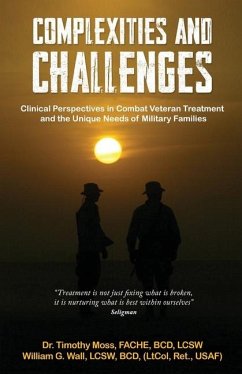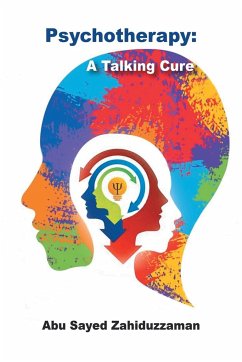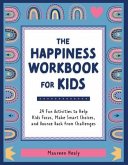The American veteran population is a unique, yet multifaceted population with a distinct culture that is having a hard time reacclimating into society after deployment due to military skills that are not transferrable to civilian life. Complex deployment and reintegration needs are among specifically identified veteran issues. Veterans experience mental health disorders, substance use disorders, post-traumatic stress, and traumatic brain injury at disproportionate rates compared to their civilian counterparts. Therefore, health care professionals must be able to address the physical safety concerns, as well as, the emotional health of the veteran. Sensory aids, prosthesis, and medical rehabilitation require an interdisciplinary-team P-5 model approach in healing wounded soldiers. Successful veteran reintegration into civilian life is an essential focus for holistic and effective veteran care. Accordingly, successful reintegration rests upon providing veterans with training that builds on their military knowledge and skill, employment post-separation from service, homelessness prevention, and mental health programs that promote civilian transition. Preparing health care providers to meet the complex needs of a vast veteran population can be facilitated by implementing veteran content into curricula that includes veteran patient simulations and case studies, and utilizes veteran clinical faculty. Therefore, the rationale for integrating Veteran-centric content into curricula is of primary importance. Veteran content specifically illuminates the unique yet complex health issues, mental and behavioral adjustment disorders, veteran wartime era, and civilian reintegration obstacles that, in combination, magnify their physical condition. Promotion and implementation of veteran health issues into curricula, and other veteran content relevant to enhancing veteran care and outcomes, is essential in health care provider education and vital to the holistic care of veterans across the lifespan and across the country. Transparent presentation of the veteran circumstance can facilitate an interdisciplinary approach to care incorporating nursing, occupational therapy, physical therapy, mental health, pain management, nutrition, psychosocial, and social support services to ensure positive health care outcomes for this population. Several innovative strategies of the P-5 model of post deployment healthcare address these unique issues.








